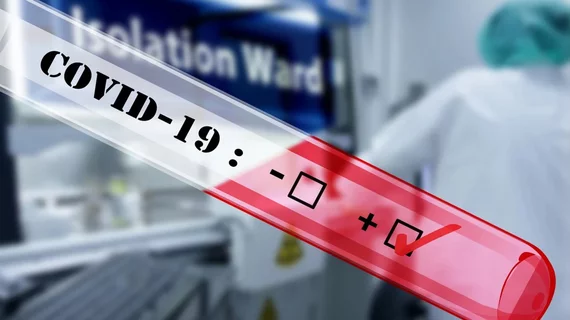Adults with COVID-19 and type 1 diabetes face a heightened risk of hospitalization
Adults with type 1 diabetes are more likely to be hospitalized due to COVID-19, according to new findings published in the Journal of Clinical Endocrinology and Metabolism.
While prior studies have demonstrated that diabetes patients face a greater COVID-19 risk than the general population, the team behind this analysis was focused on the relationship between age and COVID-related complications. The group explored data from 767 COVID-19 patients and type 1 diabetes. Patients were treated at one of 56 facilities throughout the United States from April 2020 to March 2021.
While 54% of patients were 18 years old or younger, 32% were 19 to 40 years old. The remaining 14% were over the age of 40.
Overall, patients over 40 were seven times more likely to be hospitalized due to COVID-19 than younger patients. Death, diabetic ketoacidosis and severe hypoglycemia were also more likely among this patient group.
“These findings indicate the need for age-tailored treatments, immunization and clinical management of individuals affected by type 1 diabetes and COVID-19,” lead author Carla Demeterco-Berggren, MD, PhD, a specialist at the University of California San Diego, said in a prepared statement. “Public health recommendations, including wearing masks and getting vaccinated, need to be followed by all to reduce the risk of contracting COVID-19.”
The full study is available here.

